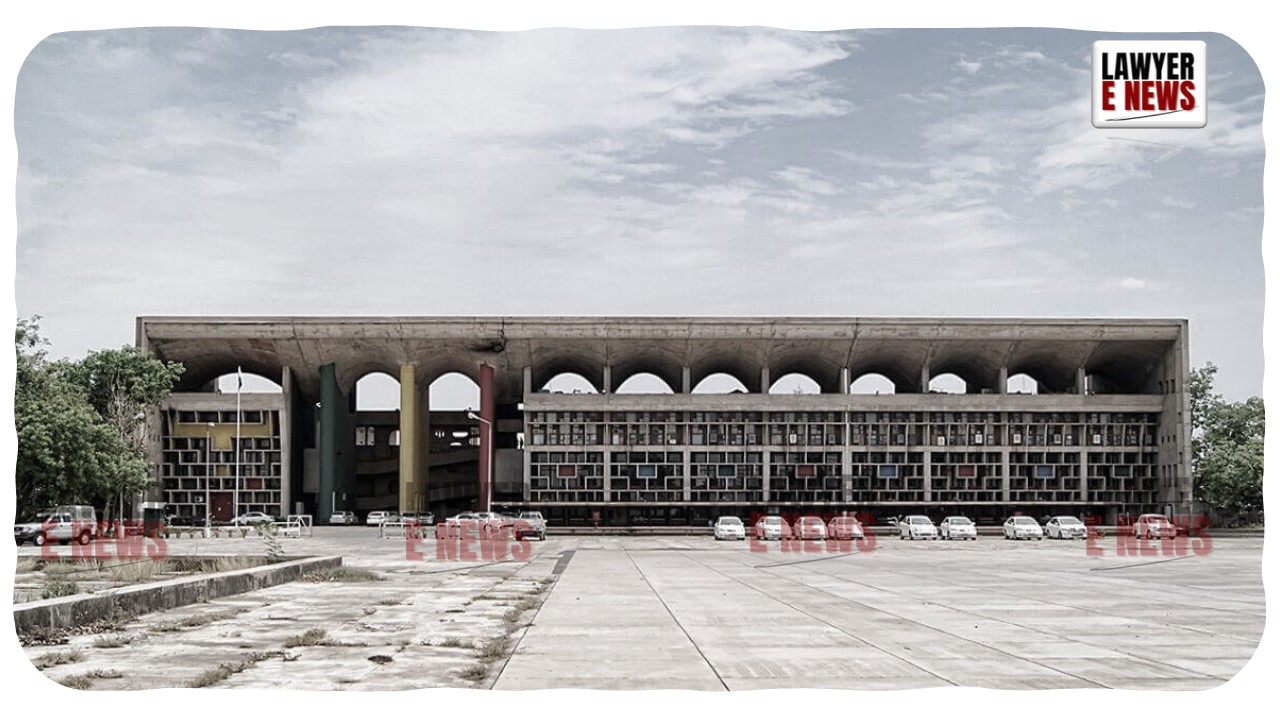-
by Admin
18 February 2026 4:37 AM



“Judicial Conscience Must Be Satisfied in Will Cases — Propounder Failed to Dispel Doubts Surrounding Execution” - Punjab and Haryana High Court delivered a detailed judgment rejecting the appeal of a man claiming ownership over ancestral land based on an unregistered Will allegedly executed by his sister. Justice Pankaj Jain dismissed the appeal after finding serious contradictions among the attesting witnesses and the scribe, observing that the Will was shrouded in suspicious circumstances and failed the test of judicial scrutiny required under succession law.
“A Will must be proved by unimpeachable evidence – The law demands more than mere formal proof where suspicious circumstances cloud its execution.”
The appellant, Purshotam Kumar, brother of deceased Santra Devi, filed a suit seeking a declaration of ownership over 1/7th share of the suit land, claiming Santra had executed a Will dated 09.03.2009 in his favour. Santra had inherited this property from her husband Jagdish and son Madan Lal.
A second plaintiff, Prem Lata, also joined the suit claiming to be the widow of Madan Lal, but her claim was rejected by the courts and her appeal was dismissed as not pressed. The dispute thus centered on Purshotam’s right to inherit through the disputed Will.
The Will was allegedly made two days before Santra's death. Purshotam claimed she resided with him in her later years, and out of natural love and affection, bequeathed her share in the land to him.
The Trial Court had accepted the Will as valid based on the testimony of two attesting witnesses and the scribe. However, the Lower Appellate Court reversed that finding, holding that:
"There are material discrepancies between the testimonies of the attesting witnesses, the scribe, and the plaintiff himself... the Will does not inspire confidence."
The Court noted that while attesting witness Ved Prakash (PW-4) first stated he was present during typing of the Will, he later admitted he did not know who typed it. The second attesting witness Raj Kumar (PW-6) admitted he was not present when the Will was scribed. The scribe Anil Kumar Srivastava (PW-5) also contradicted both, stating that only he and Santra were present during preparation of the Will and that it was typed later.
Further undermining the plaintiff’s case was his own deposition:
"I was not present when the Will was scribed. I was in the factory. I didn’t know who typed it or brought the stamp paper. I only learnt about the Will two days before Santra Devi’s death."
However, in earlier mutation proceedings, he had stated that he purchased the stamp paper and called the scribe—a clear contradiction, impeaching his credibility under Section 145 of the Indian Evidence Act, 1872.
Justice Pankaj Jain reaffirmed that in the presence of suspicious circumstances, the burden on the propounder becomes heavier. Citing Shiva Kumar v. Sharanabassapa (2021) 11 SCC 277, the Court emphasized:
"The execution of a Will surrounded by suspicious circumstances requires cogent and convincing explanation. The judicial conscience must be satisfied."
The Court noted: "The propounder failed to explain discrepancies. The contradictions in witness statements, coupled with the lack of clarity about the Will’s preparation, cast serious doubt on its authenticity."
Referring to the contradictory testimony of the scribe and the attesting witnesses, the Court held: "PW-5’s version that only he and Santra were present during drafting is flatly contradicted by the attesting witnesses. This inconsistency is fatal."
The Court also found that the attempt to include Prem Lata as the widow of Madan Lal, despite no legal basis, was a calculated move to “gild the lily”, further diminishing the credibility of the plaintiffs.
The High Court dismissed the Regular Second Appeal, finding no question of law and concluding that:
"The Lower Appellate Court rightly held that the Will was not proved. The propounder’s attempt was riddled with contradictions and failed to clear the cloud of suspicion."
The judgment is a reminder of the high evidentiary standard required to prove a Will, especially when the same excludes other legal heirs or is made shortly before death.
Date of Decision: 9 April 2025
